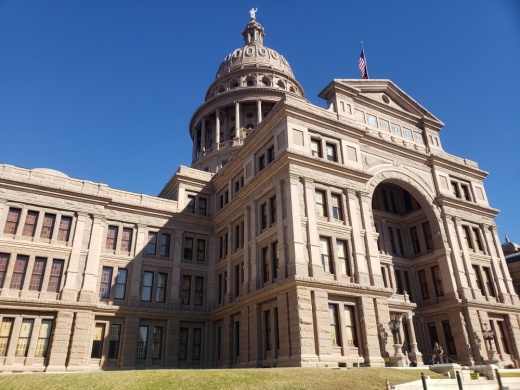Texas’ voting maps for the next decade are set after Gov. Greg Abbott signed them into law Oct. 25, according to the state legislature's website. The maps will go into effect Jan. 18, 2022.
The legislature passed four bills—Senate Bills 4, 6, and 7, and House Bill 1—before a special session ended Oct. 19. The bills drew district maps for the state Senate, U.S. Congress, Texas school districts and the state House of Representatives, respectively.
Texas redistricting saw several procedural changes this year. Although the state constitution requires redistricting to take place in the first regular legislative session following the release of the U.S. Census data, delays in the 2020 Census’ release meant Abbott had to call a special session with redistricting as part of the agenda.
This year also marked the first year in which Texas was not under preclearance, according to the state's redistricting website. Preclearance was a provision of the 1965 Voting Rights Act that required states with a history of racial discrimination against voters from minority communities to submit their maps for federal approval. The United States Supreme Court eliminated preclearance in 2013.
Texas adds two Congressional seats
Texas saw rapid growth in Hispanic populations and those identifying as Black or Asian, according to the U.S. Census. The state’s growth was enough for it to add two U.S. House seats for a total of 38 Texas representatives in Washington, D.C.
The new 37th and 38th Congressional Districts were drawn in the Austin and Houston areas, respectively.
Robert Murray, a political science professor at the University of Houston and former redistricting advisor to Texas’ Black legislative caucus, said in addition to population increases, the state saw minority populations move out toward the suburbs—which could influence how maps are redrawn.
“The minority populations have grown dramatically, but it has also dispersed,” Murray said. “There’s a lot of Black and brown flight to the suburbs, more than previous decades.”
With the maps officially approved, opponents can file legal challenges. The national voting rights advocacy group Voto Latino, along with several Texas voters, filed a complaint on Oct. 25 against Abbott and Texas Secretary of State John Scott, alleging that Texas’ new congressional maps reduced the opportunity for communities of color to vote for candidates that represented them.





